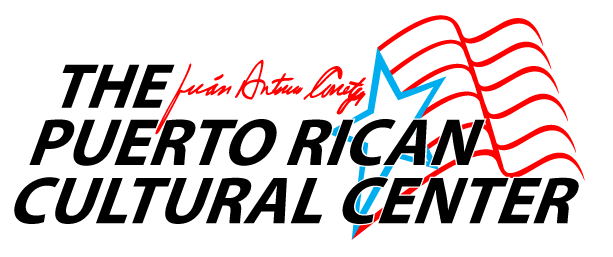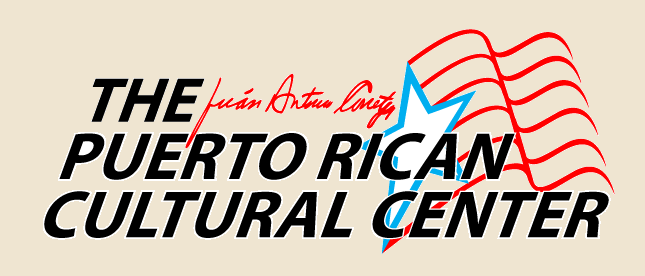On Friday, October 23, the Puerto Rican Studies Association held its 3rd Biennial Symposium and Business Meeting at the National Museum of Puerto Rican Arts and Culture in Chicago. The theme for the symposium was “Puerto Rican Education and Social Justice: Promoting Transformative and Emancipatory Forms of Knowledge.” It included presentations by Chicago-based scholars and educators, as well as those researching Latin@ educational issues throughout the nation. In the morning session, Dr. Cristina Pacione-Zayas, Education Director of the Latino Policy Forum and Co-Chair of the Puerto Rican Agenda, shared her research focused on the history of community activism and educational reform efforts at Roberto Clemente Community Academy. Dr. Aurora Chang, Assistant Professor of Education at Loyola University, provided an overview her work, which draws on the Latin American and Latin@ tradition of testimonio to explore the experiences of undocumented students as they navigate their educational journeys. This session ended with a presentation by Dr. Alejandro Carrión, who is currently a Mellon Postdoctoral Fellow in the Latina and Latino Studies Program atNorthwestern University. Carrion discussed his ongoing research focused on the transition from high school to college for Latino males in the Bronx, NY. The afternoon session included presentations by Dr. Angela Valenzuela and Mr. Marvin García. Valenzuela, a Professor of Education at the University of Texas at Austin, described her work as Director of the National Latino Education Research and Policy Project. García, a Northeastern Illinois University Board of Trustees Member and former Dr. Pedro Albizu Campos Puerto Rican High School Principal, spoke about the Humboldt Park Community as a Campus initiative. This initiative seeks to harness community assets to build educational pipelines from Pre-K through higher education, while also strengthening relationships among schools, families, and their surrounding communities.
The symposium ended with a tour of Humboldt Park, which introduced audience members to the various efforts toward educational reform and community uplift in the neighborhood. It is not by chance that a symposium focused on Puerto Rican education, social justice, and the promotion of transformative and emancipatory forms of knowledge was held in Humboldt Park. The National Museum of Puerto Rican Arts and Culture is located along Paseo Boricua, which has become not only a central hub in the Puerto Rican diaspora, but also a crucial site for urban educational struggle. When I began my doctoral studies in the Department of Anthropology at the University of Chicago a little over a decade ago, with the goal of studying race, language, and education, my participation in the work of the Puerto Rican Cultural Center and partner organizations immediately became just as important to me intellectually as my work at the university. My Ph.D. advisors were initially worried that I was spending too much time in the community.
They felt that this was a distraction from the theoretical work that, in their view, could be best accomplished through hours spent in the library. However, they did not understand that I learned just as much from scholarly readings about the neoliberal restructuring of cities as I did from participating in the Humboldt Park Participatory Democracy Project, an anti-gentrification campaign; I re-analyzed theories of codes witching, linguistic hybridity, translation, and ethnolinguistic identity by becoming part of the editorial team of La Voz del Paseo Boricua, this community’s bilingual newspaper; I reconsidered conceptions of urban education as a site of social reproduction and stratification by teaching a civics course at Dr. Pedro Albizu Campos Puerto Rican High School; and I was able to develop novel insights regarding coloniality and anti-colonial praxis by tracking the transformation of Division Street from an internal colony to a space of resistance, as well as the radical act of inviting populations written out of history to view themselves as historical actors.
When I became the first Puerto Rican male to obtain my Ph.D. in the Department of Anthropology at the University of Chicago, finishing more than a year and a half before anyone else in my cohort, the theoretical and practical value of my work in Humboldt Park was rendered visible. Now, as an Assistant Professor of Education and Comparative Studies in Race and Ethnicity at Stanford University, I continue to look to the work in this community to rethink approaches to culturally responsive pedagogies, which are too often implemented in ways that simply seek to validate people’s “diversity” while using their practices as starting points on the bridge to learning “real” knowledge. Humboldt Park is not simply a petri dish, test site, repository of ethnographic data, or starting point, but rather a key space of knowledge production. This was certainly the case for my work, focused on the co-articulation of language and race among Puerto Rican and Mexican students in a nearby high school. My book based on this work, titled Looking like a Language, Sounding like a Race: Inequality and Ingenuity in the Learning of Latin@ Identities, is scheduled to be published by Oxford University Press next year.
The work here has also inspired my future research, which explores institutional interdependence in urban contexts, or what leaders here call urban social ecology. From this ecological perspective, we can apprehend interconnections among the various practices that constitute everyday life, including education, housing, employment, spirituality, and arts and culture. The current challenges facing Puerto Ricans across the Diaspora point to the need for new ways of defining problems, as well as new ways of imagining and enacting solutions. I submit to you that this community, which has developed unique approaches to facing educational inequalities by simultaneously working within the main stream public school system, creating alternative models, and refusing to isolate education from the range of people’s fundamental needs, is a powerful site in which to do this work of redefining, imagining, and enacting.
by Dr. Jonathan Rosa
Dr. Jonathan Rosa is Assistant Professor in the Graduate School of Education and Center for Comparative Studies in Race and Ethnicity at Stanford University. His Ph.D. is from the Department of Anthropology at the University of Chicago and is currently a Ford Postdoctoral Fellow in residence at Northwestern University’s Latina and Latino Studies Program.





